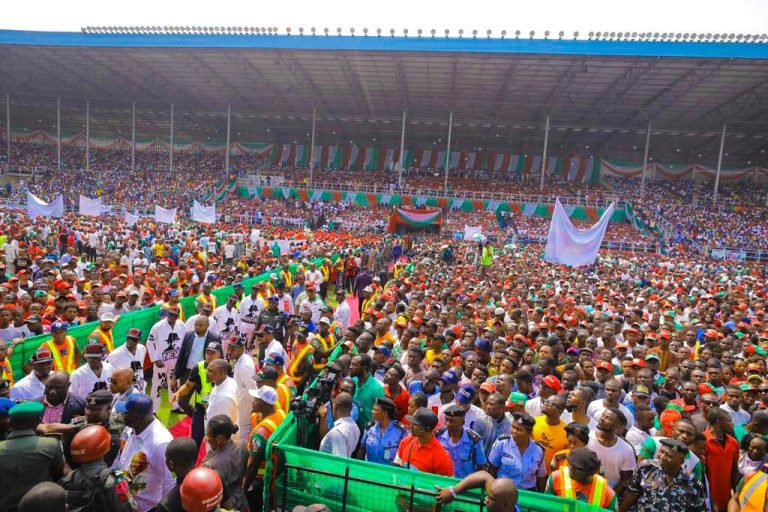
Eligible Nigerian voters have 60 days, 20 hours, 59 minutes, and 54 seconds to cast their votes at various polling places. In the past 90 days, they have received a variety of messages from political parties, candidates, and their supporters despite the release of manifestos in piecemeal. It was done in piecemeal because not all of the major presidential candidates released their manifestos at the start of the campaign. Instead, they relied on algorithmisation campaign strategy, which allows them to leverage supporters who are not members of their parties for soft campaign messages aided by emerging technologies such as social networking sites.
Regardless of the delay in releasing manifestos, a day has never passed without public affairs analysts, social commentators, social influencers, activists, and media practitioners expressing their opinions on the composition and implementation of the manifestos. Mr Ayodeji Bakare of the Global Good Governance Initiative, Abuja, recently presented the results of his critical comparative analysis of the manifestos of the main contenders; Senator Bola Ahmed Tinubu, Alhaji Atiku Abubakar, and Mr Peter Obi. He determines the candidates’ plans for addressing problems and challenges as well as providing citizens with public services using a 5-power ranking meter scale (see Exhibit 1).
Exhibit 1: Power ranking meter of candidates’ manifestos
Tekedia Mini-MBA edition 15 (Sept 9 – Dec 7, 2024) has started registrations; register today for early bird discounts.
Tekedia AI in Business Masterclass opens registrations here.
Join Tekedia Capital Syndicate and invest in Africa’s finest startups here.

His analysis and the recapitulation analysis performed by our analyst indicate that only the approaches or means of carrying out the declared programmes and/or policy directions of the major contenders are “better” for education, economy, and transportation. This conclusion was drawn because education (12), the economy (11) and transportation (10) received the highest scores out of a possible 15 for each of the areas identified by Mr. Bakare (after combining all the manifestos). Oil and gas, national security, agriculture, power, and healthcare had less than 10 points each.
The examination of the ongoing results of monitoring of campaign activities by the Center for Research on Development of African Media, Governance, and Society (CEREDEMS Africa) and the Positive Agenda Nigeria along with Mr Bakare’s outcome indicates that political actors hardly engage the public on the areas and/or sectors that lack appropriate ways of addressing identified national challenges and providing the needed public services (see Exhibit 2 and 3).
Exhibit 2: Policy and campaign issues by political party

Exhibit 3: Policy and campaign issues engagement

As a result, concerned stakeholders should consider Professor Ndubuisi Ekekwe’s proposal to provide Blackboards to candidates. Professor Ekekwe recently posed three critical questions to the main contenders in his piece on the need for Nigerians to build Blackboards for them, and each candidate should be available for public debate on how to address issues confronting the country as well as how critical citizens’ needs will be met. “I do not care what is written in manifestos; I want to interrogate the aspirants as that is the living manifesto. How many blackboards do we order in case the one I have is not enough to contain all their answers?” Professor Ekekwe stressed.


